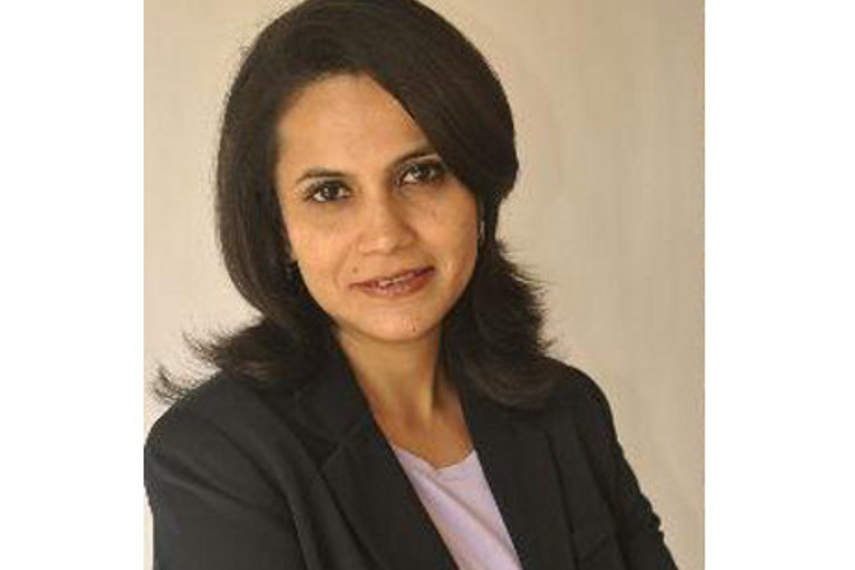
Please sign in or register
Existing users sign in here
Having trouble signing in?
Contact Customer Support at
[email protected]
or call+91 022 69047500
Are consultancies and agencies in the branding business too focused on themselves, wonders the author.

Contact Customer Support at
[email protected]
or call+91 022 69047500
Top news, insights and analysis every weekday
Sign up for Campaign Bulletins
Its latest campaign takes a cheeky swipe at anti-dandruff clichés, spotlighting how itch—not just flakes—disrupts everyday moments.
Amid Cannes backlash, a creative reckoning unfolds. Famous Innovations’ founder and chief creative officer wonders, where do bold ideas end and brand accountability begin in awards season?
After revoked wins and synthetic scandals, Cannes Lions introduces new integrity rules to verify claims and rein in AI misuse.
Kantar’s Creative Effectiveness Awards show that when brands serve emotion with local flavour, consumers don’t just notice—they respond.